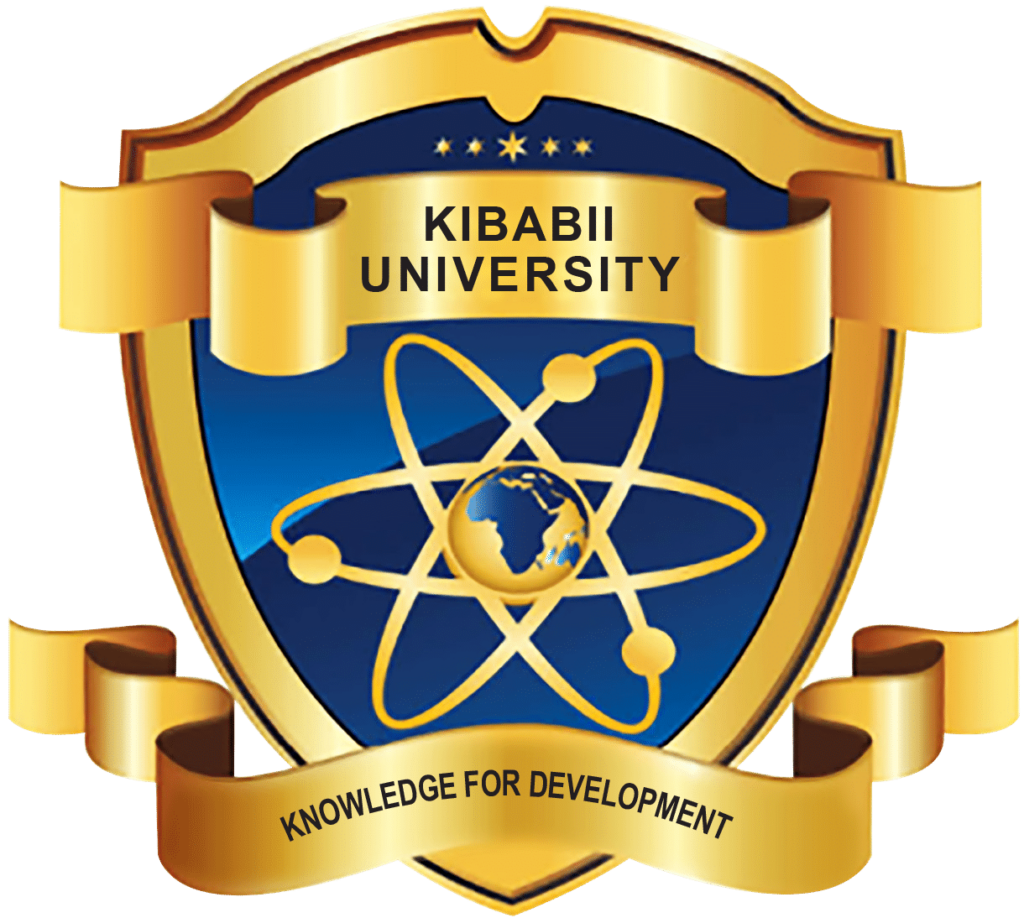Impact of Research on Higher Education in Kenya
Edwin Andama Ombasa
College of Education and Lifelong Learning, Kenyatta University
Corresponding e-mail: edwinombasa458@gmail.com
Citation: KIBU Conference (2017). Innovative Research and Knowledge for Global Competitiveness and Sustainable Development. Proceedings of 2nd Interdisciplinary International Scientific Conference 14 – 15 June 2017. Kibabii University Main campus, Bungoma Kenya. ISBN: 978-9966-59-011-4
Abstract
Research is one of the three main goals of higher education, the others being production of highly skilled manpower and community service. In spite of this fact, little is known on the significance of this goal on the very institutions where it takes place. Consequently, it was this paucity that motivated this study as it sought to investigate the impact of research on higher education in Kenya. Its specific objectives were to: investigate how research impacts on the quality of teaching–learning activities in institutions of higher learning in Kenya; explore how research impacts on collaboration and knowledge sharing among researchers in institutions of higher learning in Kenya; describe how research impacts on production of current knowledge in institutions of higher learning in Kenya. The study applied a descriptive survey design. The target population was all the 70 public and private universities in the republic. Out of this population, a total of 21 universities were purposefully sampled. On the other hand, respondents were sampled randomly. They comprised of 1883 university students. The researcher engaged the services of 21 research assistants who were responsible for administering instruments in the sampled institutions. The main research instrument was a questionnaire. Quantitative data from the questionnaire was coded into categories based on the study objectives and fed into SPSS computer software version 20 which analyzed it using percentages and frequencies. Data was presented in frequency tables. Key findings: Research enables instructors to acquire new knowledge on how to teach using better instructional strategies, know the effectiveness of their teaching as well as enable students learn better and understand course content. On collaboration, research activities enable students and lecturers to exchange ideas with other researchers outside their classrooms and consequently understand realities better. Besides this, research plays a crucial role in knowledge production. A majority of respondents agreed that research helps lecturers keep in touch with current trends in their disciplines, help students acquire current knowledge in the courses they undertake, enables students and lecturers identify and correct mistakes made in prior studies. The study recommends that government capitation of research funds to public universities should be increased, universities should create more income generating activities to raise capital for supporting research and members of university academic staff should be supported to attend international research conferences.
Key Words: Collaboration, New Knowledge, Research, Teaching-Learning
![]()
Download Abstract: Impact of Research on Higher Education in Kenya

